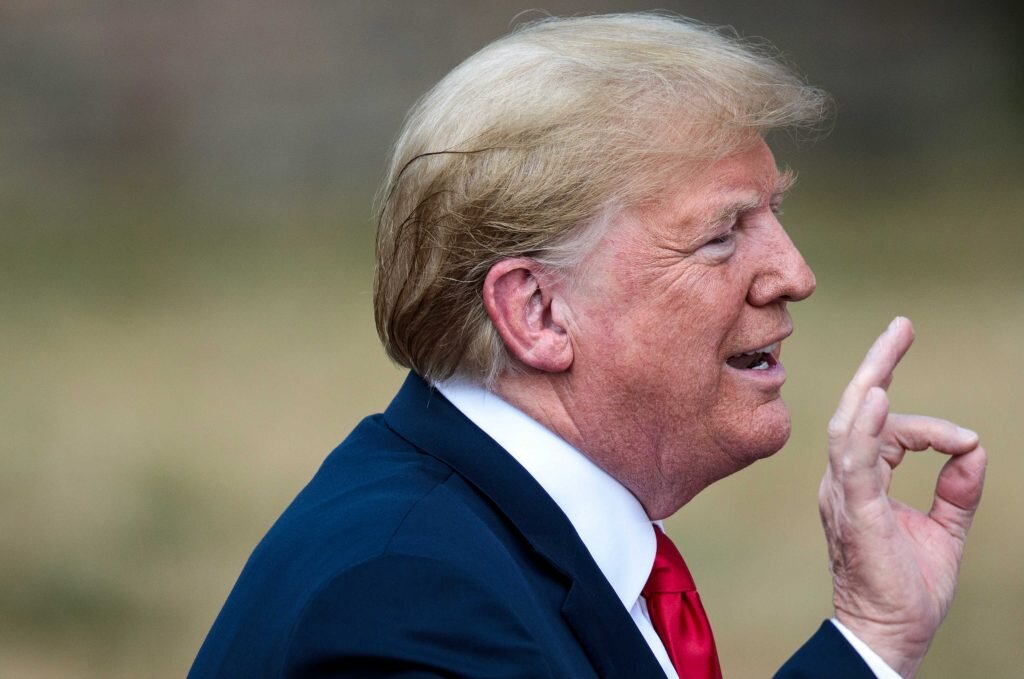Narrative warfare: How Trump uses preemptive optimism to pressure Iran

TEHRAN – In a world increasingly shaped by narratives, optimism can be used in a preemptive strike. While recent rhetoric from U.S. President Donald Trump and his confidantes oscillates between threats of dismantlement and a sense of measured optimism regarding a potential deal with Iran, Iran’s strategic patience must be translated to strategic caution at this stage. Iranian policymakers know better than to be drawn into the illusion of goodwill.
Threats and coercion have been integral elements of U.S. foreign policy towards Iran. This positivity, however, should be interpreted within its proper context, that is, the framework of Trump’s mindset. Trump’s sporadic upbeat hype should in no way be taken as yet another idiosyncrasies of his eccentric character, a signal of concession or genuine desire for equilibrium, but rather as a calculated tactic—part of a broader strategy designed to shape expectations, manipulate Iranian market sentiment, and push the psychological balance of negotiations in Washington’s favor.
Trump, a seasoned transactional negotiator and investor in both business and politics, is utterly conversant in stock market parlance, a deft financial manipulator, and well-versed in crafting narratives. After all, he has manipulated markets for decades; why not apply the same tactics to negotiations? Negotiations that, from his perspective, are mere transactional bargains.
By projecting confidence in the outcome of future negotiations, he is raising the perceived cost of failure, not for the U.S., but for Iran. The higher the cost of failure, the more intense the pressure on Iranian negotiators. Trump is being preemptively optimistic on the outcome, aiming to ripple through Iran’s public opinion sphere and put internal pressure on Iran’s economic and political institutions. The Iranian economy, highly sensitive to diplomatic signals, often reacts positively to the mere prospect of a deal, only to face volatility and sharp declines if negotiations falter or collapse under the weight of American maximalist demands. From this angle, it is entirely rational for Trump –who may have earned part of his fortune in gambling or other adventurous financial arrangements—to inflate expectations surrounding the talks. Should the outcome fail to materialize, the resulting burst of that optimism could trigger a market free fall in Iran, serving his strategic interests without any perceived cost to his side. What’s there to lose? In a sense, Trump is not investing in the talks, he seems to be speculating!
Moreover, such statements are not made in a vacuum but are often designed to embolden hardliners in Washington by painting Iran as the reluctant or recalcitrant party should negotiations collapse, thus, egging them on for more pressure against Iran. This framing can reverberate through the international diplomatic arena. Expectations of a deal are not only bound to markets; in fact, many actors across the international political spectrum keep an eye out for the results. The higher the positivity, the steeper the fall for Iran in case of failure!
Thus, it is vital that Iran avoid projecting reciprocal optimism without substantive progress. Iranian negotiators are cognizant of the fact that there is another side to the President of Peace: President of Pressure!
It is safe to assume that Trump’s optimistic tone is less about peace and more about pressure. In today’s world, it is next to impossible to insulate the domestic economy and public expectations from the volatility of external factors, especially in a pluralistic, well-connected society like Iran. As long as the negotiations drag on and the American side keeps it upbeat, they will be the ones maintaining and benefiting from the momentum. This upbeat posture is less an olive branch and more a chess move. Iran must rise to the challenge and balance this preemptive optimism with its own narrative.
Leave a Comment